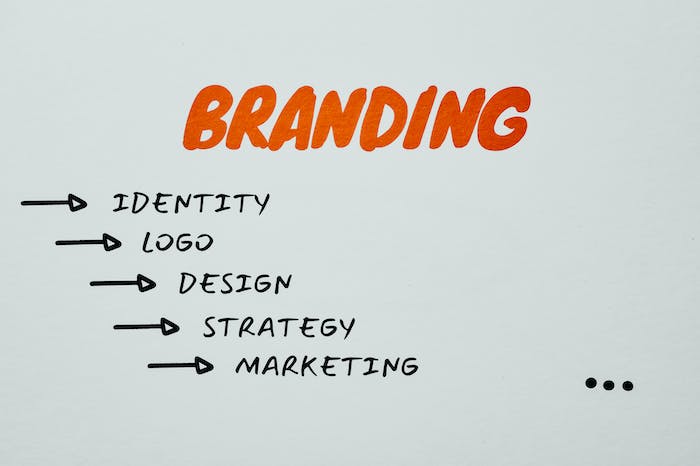In today’s competitive business landscape, the art of storytelling has emerged as a crucial element in brand marketing. It’s not just about selling a product or service, it’s about creating a narrative that resonates with your audience, building a connection that transcends mere transactions. This approach to marketing is powerful, and capable of captivating audiences and fostering brand loyalty.
The Essence of Storytelling
Creating Emotional Connections
Storytelling in marketing is all about forging an emotional bond with your audience. Humans are naturally drawn to stories because they can transport us to different worlds, help us understand complex concepts, and most importantly, make us feel. A brand that tells a compelling story isn’t just selling a product, they are offering an experience, a slice of life that the audience can relate to and be a part of.
Building Brand Identity
Every brand has a story to tell, a unique narrative that sets it apart from its competitors. This narrative becomes the heartbeat of the brand’s identity, influencing everything from marketing strategies to customer engagement. A well-crafted story can encapsulate the brand’s values, mission, and vision, giving the audience a clear understanding of what the brand stands for.
Harnessing the Power of Digital Storytelling
In the digital age, storytelling has evolved. Brands now have an array of platforms to share their stories, from social media to blogs, each offering unique ways to engage with audiences. Digital storytelling allows for interactive and immersive experiences, making the audience an active participant in the narrative. This level of engagement is invaluable in building a loyal customer base.
The Role of SEO in Storytelling
While storytelling is an art, it needs to be supported by science, specifically, Search Engine Optimization (SEO). Integrating SEO strategies into your storytelling ensures that your narratives reach the right audience. It’s about using the right keywords, optimizing content for search engines, and ensuring that your stories are easily discoverable online.
Example: The Legal SEO Specialist
Imagine a legal SEO specialist crafting a narrative for a law firm. This story wouldn’t just be about legal services, it would delve into the firm’s commitment to justice, its track record of success, and the personal stories of the clients it has helped. The legal SEO specialist uses targeted keywords to ensure that this compelling narrative reaches people searching for legal assistance, thus bridging the gap between storytelling and digital visibility.
The Importance of Authenticity
Authenticity is the cornerstone of effective storytelling. In an era where consumers are bombarded with advertising from all sides, authenticity can cut through the noise. A story that is genuine, relatable, and honest has a much better chance of resonating with the audience. This authenticity fosters trust, an invaluable asset in any business relationship.
Integrating Storytelling in Different Marketing Channels
A multi-channel approach is essential in modern marketing, and storytelling should be consistent across all platforms. Whether it’s a blog post, a social media update, or an email campaign, the core narrative should remain the same, albeit adapted to fit the specificities of each channel.
Case in Point: Lawyer Marketing Expert
Consider a lawyer marketing expert tasked with promoting a law firm. The expert would craft a narrative that highlights the firm’s expertise, its commitment to clients, and its track record of success. This narrative would then be tailored to fit various platforms – a detailed story for the firm’s website, a series of engaging posts for social media, and compelling email content. Each piece of content, while different in format, would reinforce the same story, ensuring a cohesive brand identity.
Measuring the Impact of Storytelling
The success of storytelling in marketing isn’t just anecdotal. It can and should be measured. Metrics like engagement rates, website traffic, and conversion rates can provide valuable insights into how effectively a story is resonating with the audience. This data not only validates the storytelling approach but also guides future marketing strategies.
The Future of Storytelling in Marketing
The future of marketing is undoubtedly intertwined with storytelling. As brands continue to seek deeper connections with their audiences, the ability to tell compelling, authentic stories will become even more critical. Storytelling isn’t just a marketing tactic, it’s a powerful tool that can humanize brands, build lasting relationships, and drive success in an increasingly competitive market.
In conclusion, storytelling in brand marketing is more than a strategy, it’s an art form that, when combined with the science of SEO and digital marketing, can create lasting impacts. Whether it’s a lawyer marketing expert or a legal SEO specialist, the key is to weave narratives that are not only compelling but also resonate on a personal level with the audience. As brands continue to navigate the ever-evolving marketing landscape, storytelling will remain an essential tool in their arsenal, helping them connect, engage, and succeed.


